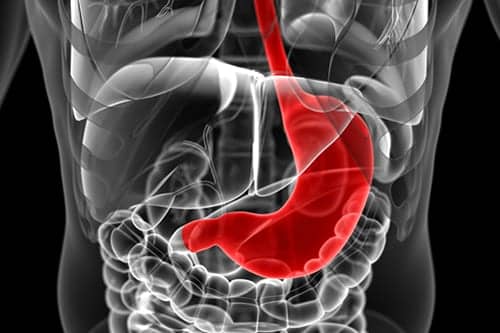How are COPD and gastrointestinal disorders connected? COPD patients appear to be at higher risk for future functional gastrointestinal disorders than those without COPD, according to a study published in Respiratory Medicine.
COPD is associated with a high prevalence of comorbidities, noted study authors, who cited previous research demonstrating that COPD is an independent risk factor for the development of digestive diseases. Although both conditions involve inflammation, the association between COPD and FGIDs remains unclear.
To examine the relationship between COPD and future FGID development, researchers for the current study conducted a nationwide population-based study using Taiwan’s National Health Insurance Research Database. Participants were selected for 2 cohorts: a COPD cohort consisting of 4107 patients with COPD between 2000 and 2005, and a comparison cohort of 12,321 age- and gender-matched patients without COPD. All patients were tracked for 5 years for the occurrence of FGIDs.
The researchers found that the adjusted hazard ratios (aHR) of FGIDs in patients with COPD was higher (aHR: 1.63; P <.001) than in individuals in the control group. In a secondary analysis, study investigators assessed the risk for specific FGIDs, including gastroesophageal reflux disease, irritable bowel syndrome, and functional dyspepsia. The researchers found that patients with COPD had a higher risk for all 3 subtypes of FGIDs (irritable bowel syndrome aHR: 1.55; P <.001; gastroesophageal reflux disease aHR: 2.10; P <.001; functional dyspepsia aHR: 1.34; P =.003).
The investigators said that their research appeared to be the first large-scale study to identify COPD as an independent risk factor for FGIDs. The findings of this study highlight the importance of developing a strategy for monitoring FGIDs in patients with COPD, especially in patients with other risk factors for these conditions, study authors concluded.









